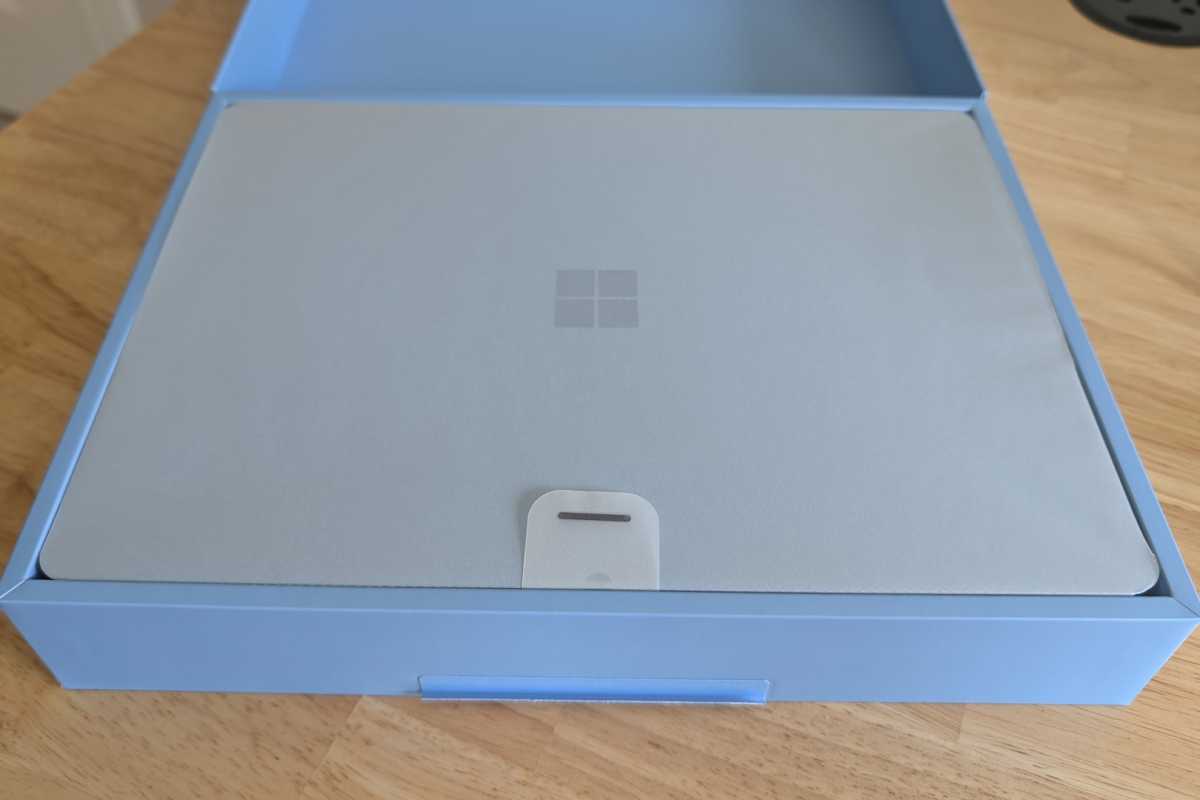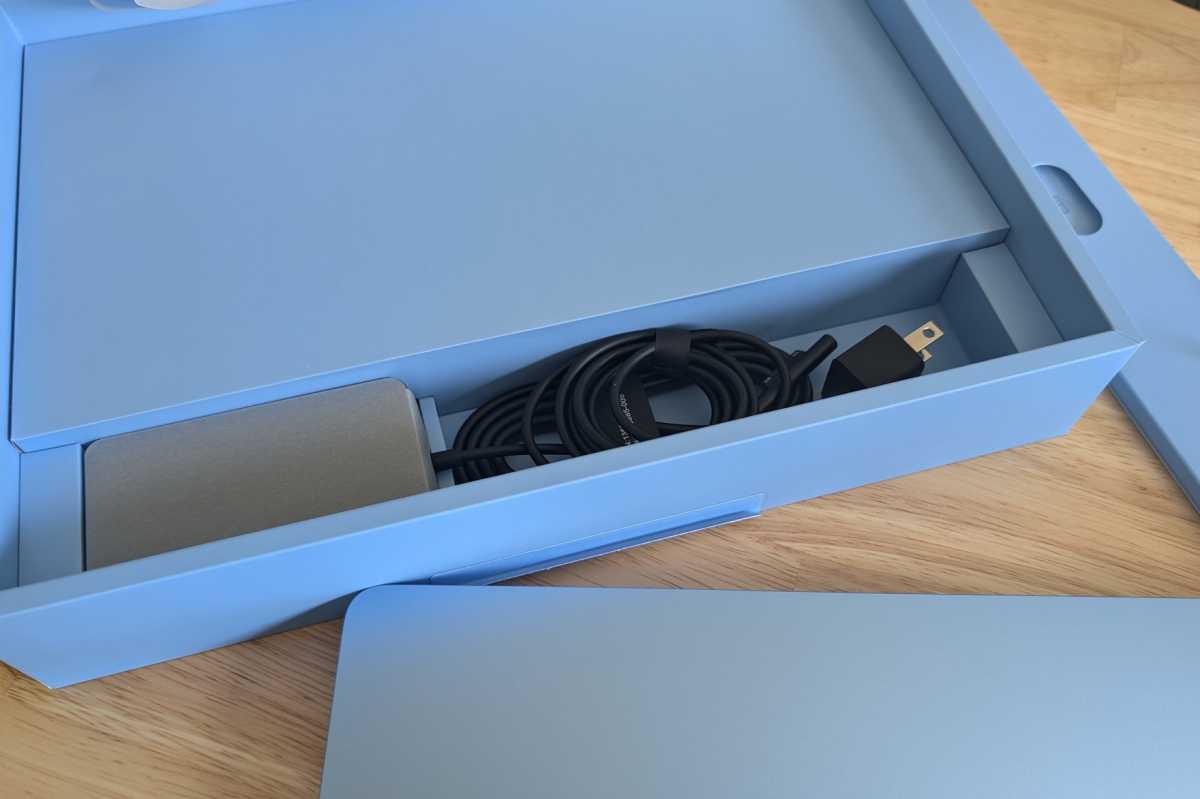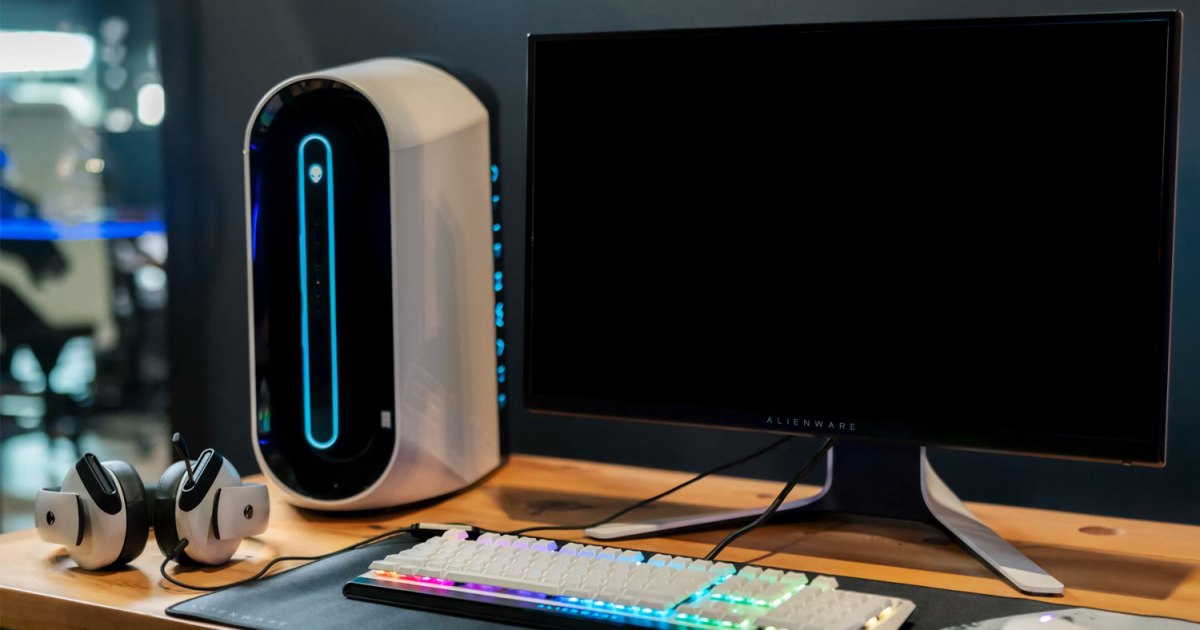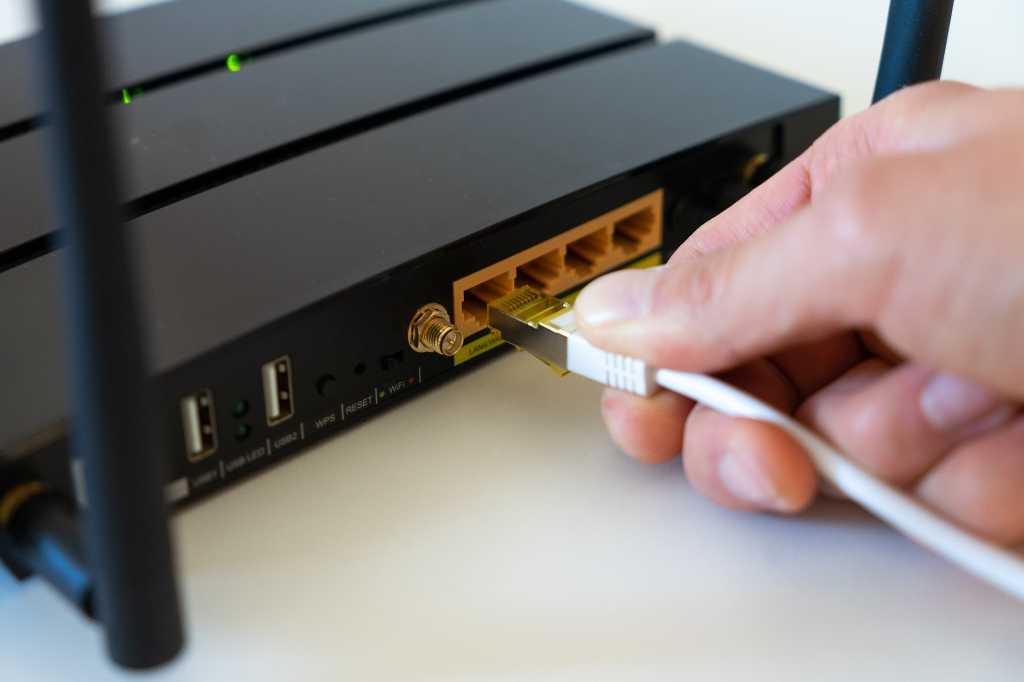Investing in a new laptop is a significant decision. Even with glowing reviews for the best laptops on the market, you need hands-on experience to determine if it’s the perfect fit. Screen reflectivity, keyboard feel, weight, and even the dreaded dead pixel are crucial factors you can only assess through personal use.
Fortunately, a smart shopping strategy allows for a worry-free trial period: the return policy. A good return policy lets you return a laptop if it doesn’t meet your expectations, often without questions or restocking fees. However, this advantage hinges on choosing the right retailer.
While I don’t advise frivolous returns, leveraging a generous return policy ensures confident purchasing. This guide provides essential information for navigating laptop return policies effectively.
Essential Considerations Before Purchasing
Whether shopping online or in-store, carefully review the return policy before buying. You might be surprised by the generous policies offered by many reputable retailers. However, some policies are better than others, and certain pitfalls should be avoided.
Return Period: Note the duration of the return period (15, 30, or 60 days). The clock might start ticking from the order date, shipping date, or delivery date. The return window may even continue after initiating the return. For instance, a 30-day return period might require shipping the laptop back before day 30, even if you initiated the return on day 28.
Product Details: Check for specific product details. Clearance or open-box items might be marked “final sale,” making them ineligible for return. Always scrutinize the fine print for each listing.
Original Packaging: Retain the laptop’s original packaging, documentation, and accessories. Keeping the shipping box is also advisable, as it simplifies return shipping.

Maintain Like-New Condition: While you can use the laptop, avoid any marks, blemishes, or damage. Careful handling is essential during the return period. Retailers are unlikely to accept damaged returns, and even minor wear and tear could lead to return refusal.

Prioritize the Return Policy: A solid return policy offers invaluable peace of mind. If you’re unsure about a laptop, prioritize retailers with better return policies, even if their prices are slightly higher.
Comparing Retailer Laptop Return Policies
Here’s a comparison of laptop return policies from popular retailers (as of October 2024). Always verify the latest policy before purchasing.
Amazon: A 30-day return period with caveats applies to laptops purchased directly from Amazon.com. Returns of unopened items are generally straightforward. However, a 15% restocking fee might apply for misrepresented product conditions. Third-party sellers on Amazon might have separate return policies. While anecdotal evidence suggests successful returns of opened laptops without restocking fees, this remains at Amazon’s discretion. If a generous return policy is crucial, consider alternatives to Amazon.
Best Buy: Offers a 15-day return period with no restocking fee. Returns can be made in-store or via prepaid UPS shipping. My Best Buy Plus ($50/year) and My Best Buy Total ($180/year) subscriptions extend the return period to 60 days.
Costco: Provides a generous 90-day return period for computers. In-store purchases must be returned in-store, while online purchases can be returned online or in-store.
Walmart: Offers a 30-day return period for laptops and other electronics, both online and in-store. The main requirement is returning the product in its original packaging.
Manufacturer Laptop Return Policies
Buying directly from the manufacturer often comes with excellent return policies. Here’s an overview:
Acer: A 15-day return period applies to Acer.com purchases, but return shipping costs are not refunded, and a restocking fee may apply to orders over $2,999.99.
Asus: Offers a 30-day return period, but a 15% restocking fee may apply to opened or non-defective products.
Dell: A 30-day return period with free return shipping and no restocking fee is offered for personal use purchases on Dell.com. Businesses might incur a restocking fee.
HP: A 30-day return period is provided, but a 15% restocking fee may be charged for non-defective returns or changes of mind.
Lenovo: Offers a 30-day return period for PCs purchased on Lenovo.com.
Microsoft: Provides a 60-day return period for Surface PCs purchased from the Microsoft Store.
MSI: A 30-day return period is offered, but the buyer is responsible for all return shipping costs.
Razer: Has a 14-day return period, and return shipping costs are deducted from the refund.
Samsung: Offers a 15-day return period with no restocking fee.
Responsible Use of Return Policies
While utilizing return policies is legitimate, avoid abusing them, especially for electronics. Retailers track return activity and might restrict future returns for frequent returners. Some companies share return data, and services like The Retail Equation help identify problematic return patterns.
Returning a laptop that doesn’t meet your needs is perfectly acceptable. However, remember to factory reset and erase personal data before returning any device.











